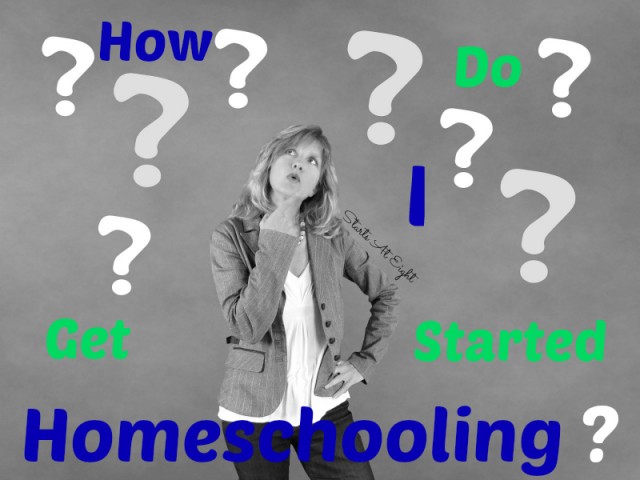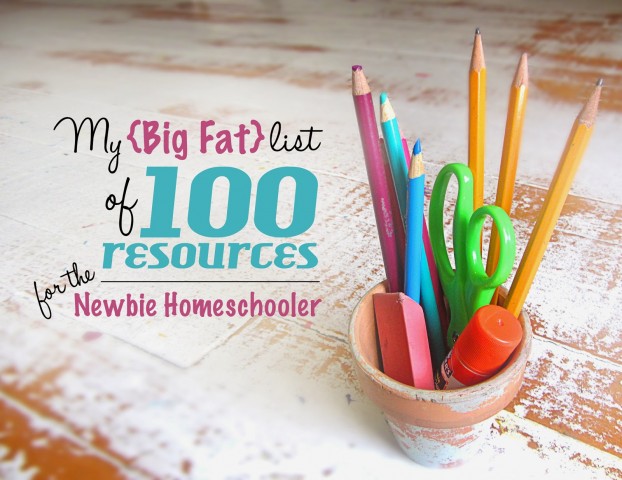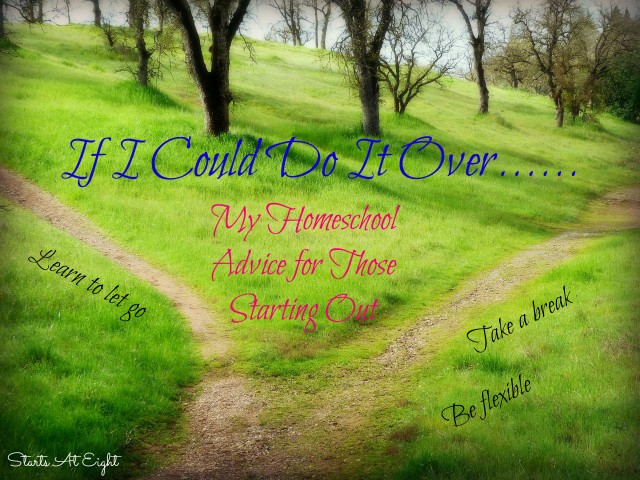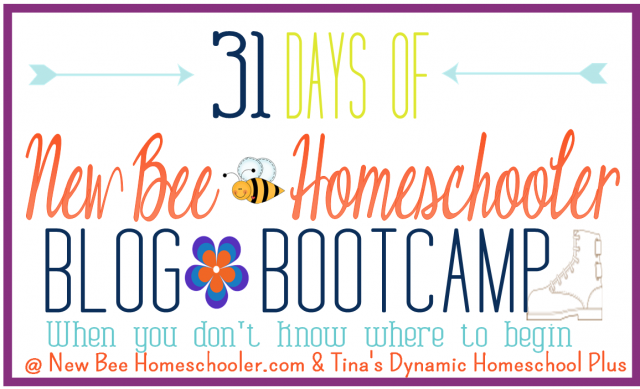How Do I Get Started Homeschooling?
One of the most frequently asked questions I hear is, “How Do I Get Started Homeschooling?” When you are at the beginning, looking down the unfamiliar path of homeschooling, it can be a scary time. Trust me when I say, it gets clearer. You will make mistakes, you will change course, you will learn as you go. After 9 years of homeschooling I am still doing all of these things myself.

Beginning to homeschool, no matter the age of your children is always the same. So let’s start at the beginning, which according to The Sound of Music is a VERY good place to start!
Throughout this article you will not only here from me, but from other seasoned homeschoolers who have thoughts and advice to share with you about getting started. Hopefully this will get you on your way to feeling sure footed as you begin your homeschool journey.
A little fact about homeschooling… it is not Federally regulated. Each state has its own laws pertaining to homeschooling.
How Do I Get Started Homeschooling?
1. Know Your State Regulations
This is by far the most important first step because you want to be sure you are within the limits of the law in your state. There are many ways to find out the regulations in your state.
- You can do a Google Search for your state that includes homeschool laws or homeschool regulations.
- If you would prefer a quick go to list of states you can check out the HSLDA Laws page or A to Z Homeschooling’s Homeschool Laws & Legalities
- Looking for a more personal look at homeschooling in your state? Check out this Homeschooling State by State link-up. (Note it is part of my Homeschooling in NYS post)
- Or take it one step further and find homeschoolers in your area! This will be a valuable lifeline throughout your homeschool journey. Not sure where to find some? Try going to your local library, playground, or museum during the daytime (while public school is in session) chances are you will bump in to other homeschoolers!
“When you know the laws in your state, then you know what curriculum to look for and how to structure your day. You might even find that you don’t need to start formal homeschooling just yet, if your child is still young.
The state of Missouri, for example, does not require you to start formally until your child is age 7. (And funnily enough, when I re-read the laws to verify that statement, I found out that certain requirements can actually be DROPPED after your child turns 16 — and I find this out NOW, after getting three of them through high school… lol.)” –AnnieAndEverything.com
2. Know Yourself and Your Children
Knowing where to begin the actual “school” part of homeschooling begins with knowing yourself and your children, and trust me when I say that this will change, ebb and flow, as the years roll on.
You can start this process by taking a look at the different learning styles. Getting an idea of how your children learn and absorb information will be a big help in deciding what your days will look like, what resources you will need, etc.
“If your kids are just hitting school age and you’re starting, relax! Most of what kids need to learn in the first few years can be done really organically and naturally. Read read read!
I got really overwhelmed because I tried to start science and history and reading and phonics and language and handwriting and math and and and. Then I felt guilty for missing music and art. Don’t do that! Your kids won’t be forever behind, I promise. Find what they’re interested in, read about it and learn together. Let them help you bake and talk about different things that you see in nature. Most of all, just don’t stress, you can do this mama!” – Kaylene at This Outnumbered Mama
Also consider the type of person you are and how you will be most comfortable working your days and teaching your children, because mama you matter too! I know that for me I spent years not feeling like I had things under control. I always worried that I wasn’t doing enough, wasn’t covering enough. Then I found Homeschool Tracker. It fulfilled my type A need to check off boxes and see “progress” in black and white on paper. Here is how I organize my year using Homeschool Tracker.
I love how Jolanthe from Homeschool Creations lays out the process of knowing your goals and purpose in homeschooling.
Tina (co-author at New Bee Homeschooler) offer s a FREE 31 Day Bootcamp. It starts with the basics of things like Homeschool Lingo, then covers things like Homeschool Organization, curriculum, instruction and more!
3. Choosing Curriculum (or Not)
Once you have complete step 2 above you will have a much better idea about yourself and your children and how you want to do things.
While I am curriculum junkie, it is safe to say that not everyone is, nor do they need to be. There are many different styles of homeschooling (Charlotte Mason, Unschooling, Classical, School at Home, Unit Study based, and more). Many of these do not use a strict “curriculum” but rather resources such as living books, math manipulatives, printable hands on unit studies, or no set resources at all.
Curriculum research is an important step to get started homeschooling. You can refer to my Reviews for my thoughts on many resources I have tried along the way. Other great websites for finding curriculum reviews are The Curriculum Choice and Cathy Duffy Homeschool Curriculum Reviews.
Choosing curriculum is a journey. It is rare that you will find one and stick with it. Be patient, take what you have learned from using something and apply it to finding something that will work. Reference these articles: What Happens When… You Choose a Homeschool Curriculum and Homeschool Curriculum Planning in 3 Steps to help guide your way. Know that you may find one, or many, are not working. Here is what to do when You Know a Curriculum Isn’t Working
People are often asking how to choose a curriculum. Susan from Education Possible recommends this book, 101 Tops Picks for Homeschool Curriculum. She says,
“I agree that most people stress about curriculum first, but it really shouldn’t be the main concern. It’s a hard concept for people to get their head around so I usually recommend they start by looking at a resource like 101 Top Picks for Homeschool Curriculum. The first several chapters help families focus on learning styles and educational goals.”
Resources to Help You Get Started Homeschooling
-
- My {Big Fat} List of 100 Resources for the Newbie Homeschooler – Jamie from The Unlikely Homeschool

- 10 Books for New Homeschoolers – Ticia from Adventures in Mommmydom
- 10 Tips for Starting Homeschool & The Insider’s Guide to Homeschooling – from Weird Unsocialized Homeschoolers
- Charlotte Mason Homeschooling – Cindy from Shining Dawn Books
- FREE E-book – You CAN Homeschool – Mary from Homegrown Learners
- If I Could Do It Over – My Homeschool Advice for Those Starting Out

- E-book – Homeschooling 101 – from Weird Unsocialized Homeschoolers
- Ultimate Guide to Start Homeschooling
- How to Begin Homeschooling – a series from Hip Homeschool Moms
- What are Your Must Have Homeschool Items {Includes G+ Hangout}
- My {Big Fat} List of 100 Resources for the Newbie Homeschooler – Jamie from The Unlikely Homeschool



